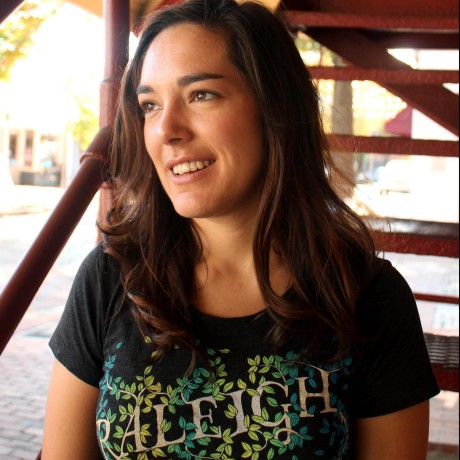Title: Unlocking the Cloud with Confidential Computing
Author: Nathaniel McCallum
Date: November 1, 2022
CPUs (and even GPUs) which support Confidential Computing are rapidly making inroads into the Cloud, unlocking the Cloud to organizations from sectors like healthcare and finance, who require greater assurances that their sensitive code and data are protected, and who have so far been unable to benefit from the Cloud’s many advantages.
In this session, we’ll define Confidential Computing, explain how process-based and VM-based TEEs (Trusted Execution Environments) differ, describe the importance of attestation, and explore existing and upcoming CPUs (and GPUs) that support Confidential Computing: from Intel’s SGX2 and TDX, AMD’s SEV-SNP, IBM’s PEF, Arm’s Realms, RISC-V’s Sanctum, to NVIDIA’s A100.
We’ll use Enarx, an open source project which is part of the Linux Foundation, to illustrate how Confidential Computing works, and we’ll showcase some examples to demonstrate why Confidential Computing is key to unlocking the Cloud’s true potential.
Source: All Things Open 2022
Link: https://2022.allthingsopen.org/sessions/unlocking-the-cloud-with-confidential-computing/






